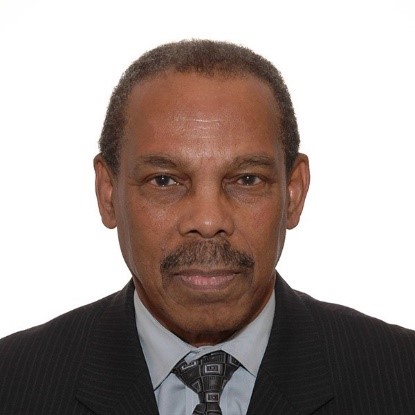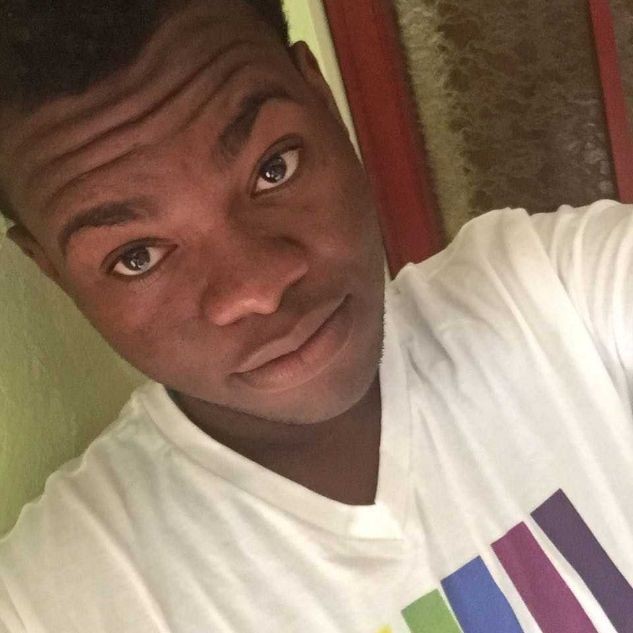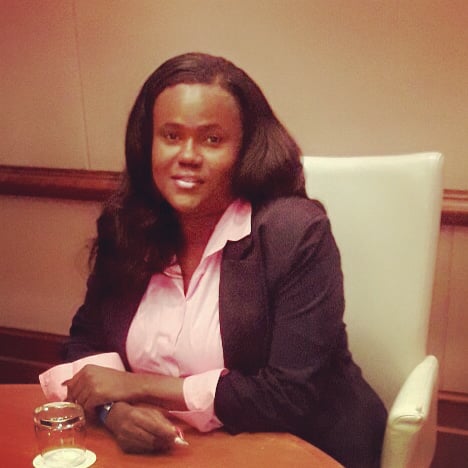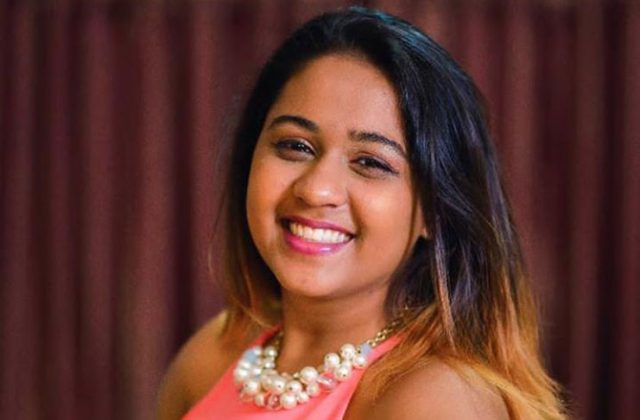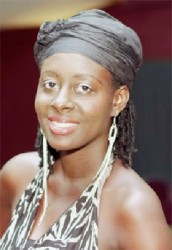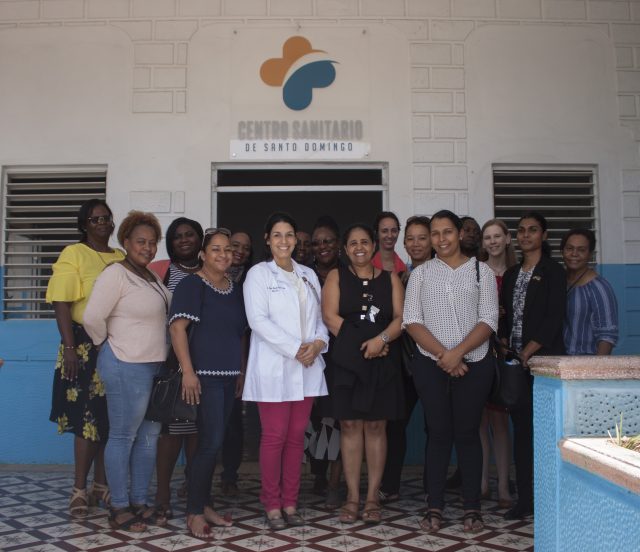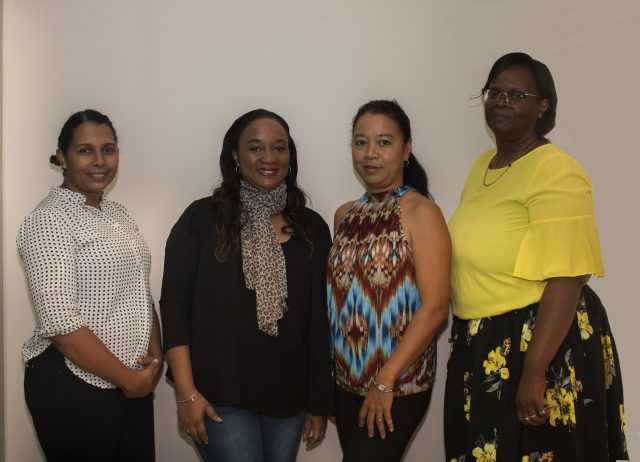The Joint United Nations Programme on HIV/AIDS (UNAIDS) draws our attention to the significance of Zero Discrimination Day. Its observance provides an opportunity to reflect on the seminal 1948 UN Universal Declaration of Human Rights that has enshrined the equal dignity and worth of every person. Appropriate too, is the call for actions worldwide to change discriminatory laws and practices which among others, are significant barriers to access to health and other services. They are in large measure, impediments to achieving many of the 2030 Sustainable Development Goals, which include reducing poverty, achieving gender equity, quality education and the end of the AIDS epidemic as part of integrated health and tackling the challenges of climate change as well as peace, security and social justice.
In a poignant statement, Michel Sidibe, Executive Director, UNAIDS, affirmed that “Human rights violations are happening all over the world because of discriminatory laws and practices”. He warned that “laws must protect, not cause harm” and that “all countries must carefully examine their laws and policies in order to ensure equality and protection for all people without exception”. He also referred to a number of countries which in 2018 made landmark decisions to change discriminatory laws and bills. These include the Supreme Court of India that struck down Section 377 of the Penal Code which criminalized same-sex relations.
The Philippines lowered the age of voluntary HIV testing without the need to obtain consent from a parent or guardian to 15 years. Malawi removed the provisions from a draft bill that would have criminalized HIV non- disclosure, exposure and transmission.
What is more important, UNAIDS has identified a range of laws that are discriminatory and impede access to health and social service thereby restricting freedom of movement and violation of human rights. They include travel restrictions against people living with HIV, criminalization of same-sex relations and transgender people and the need for parental consent for adolescents and young people below 18 years to access HIV testing services.
All these are challenges faced by the Caribbean in its attempt to accelerate the response to HIV and AIDS and thereby fulfil the UN Mandate to which all countries are committed i.e. to end the AIDS epidemic by 2030.
The Caribbean Response
The Pan Caribbean Partnership against HIV and AIDS (PANCAP), currently led by Dereck Springer, its Director, has been making a valiant effort to bring together relevant stakeholder groups to discuss what can be done to end AIDS-related stigma and discrimination. Its Justice for All (JFA) Programme has produced 15 actionable recommendations, most of which have been endorsed by its partners that include parliamentarians, religious organizations, youth leaders, development partners and representatives of the private sector, NGOs and key LGBTI populations who are most affected. Of the 15 actionable recommendations in the Justice for All Roadmap, three (3) have posed a challenge to implementation. They are (a) elimination of discriminatory laws and practices against same-sex relations; (b) access to sexual and reproductive health, especially by adolescents; and (c) adopting comprehensive age-appropriate sexual education through the Health and Family Life Education curriculum especially targeted to – ‘in’ and ‘out’ of school youth.
The Process toward the Elimination of Discriminatory Laws in the Caribbean
The legislative framework in the Caribbean is at odds with the inclusive rights approach for a successful public health response to HIV. Nine (9) CARICOM Countries have laws that criminalize consensual sex between same-sex adults; two (2) criminalize same-sex relations; three (3) have laws, which restrict entry of people who are HIV positive; thirteen (13) deem sex work illegal.
Ironic, in this regard, is that since 2012, the CARICOM Legal Affairs Committee comprising Attorneys General approved the implementation of the PANCAP Model Anti-discrimination Legislation consistent with the human rights approach. To date, its elements are implemented only in Suriname and The Bahamas.
PANCAP’s sensitization fora with national parliamentarian groups are supported by a grant through the 10th European Development Fund (EDF). These are follow-ups to a regional consultation of parliamentarians held in Jamaica in May 2017 on the theme: “what can parliamentarians contribute to ending AIDS by 2030”. Accordingly, the current round of national engagements have focused on the legislative, representative and oversight roles of parliamentarians and have identified various bipartisan parliamentary committees.
The parliamentarian consultations in Belize, Suriname and Trinidad and Tobago have all agreed to accelerate the PANCAP Model legislation that includes provision for prevention of discrimination in employment and other areas such as harassment, victimization and vilification, access to prevention and care and the establishment of an Anti-discrimination Commission to deal with complaints, investigation and conciliation. The decision of Jamaica to include Arlene Harrison Henry, the Public Defender in its Antidiscrimination Coordinating Group is a useful initiative.
However, while there is anecdotal evidence that homophobia in most of the Caribbean has reduced considerably over the past decade, there are major pockets of influential stakeholders that continue to advocate for the retention of discriminatory laws that mainly do not exclusively affect the LGBTI community. In the meantime, Governments of the region have been fairly silent in stating positions, arguably because of their fears of the electorates’ emotional response to the issue. In some countries, notably in Jamaica and Trinidad and Tobago, there have been articulated threats of votes being directed by some elements of the religious leadership against any political party or candidate who lends support to what is regarded as “the homosexual agenda”. As a result, resolution of discrimination is increasingly being dealt with through litigation in the courts of law.
In August 2016, Chief Justice Kenneth Benjamin declared that Section 53 of the Criminal Code which criminalized “carnal intercourse against the order of nature, violated the rights of a gay man (Orosco) in the Belize Constitution.” He further ordered that that section should be read down so that it did not apply to consensual acts between adults in private.
In April 2018, Judge Devindra Rampersad said that sections of the Sexual Offences Act, which prohibit “buggery” and “serious indecency” between two men and criminalized consensual same-sex activity between adults, are unconstitutional. This decision has caused a polarization opinion among different segments of church leaders. Archbishop Jason Gordon stated that while the Roman Catholic Church does not support homosexuality, “buggery should not be criminalized at this time” [Trinidad and Tobago Guardian April 16, 2018]. This is in distinct conflict with the views of mainly the Evangelic and Muslim leadership.
Other decisions by the Caribbean Court of Justice, the highest appellate Court in CARICOM, are instructive. While ruling against Maurice Tomlinson’s challenge of the provisions of the Belize and Trinidad and Tobago immigration laws for impairing his right to hassle-free movement within the Community as a gay man, the CCJ “cautioned that [CARICOM] Member States should strive to ensure that national laws, subsidiary legislation and administrative practices are consistent with and transparent in support of, the right of free movement of all CARICOM nationals”.
In its November 2018 decision, The CCJ ruled that “a law [Section 153 of the Summary Jurisdiction Offences Act] in Guyana that makes it an offence for a man or woman to appear in a public place while dressed in clothing of the opposite sex for an “improper purpose” is unconstitutional” and should be struck from the laws of Guyana.
Most recently at the Parliamentarian Forum in Jamaica (February 2019) attention was paid to the recommendations from the Legal Environment Assessment from a cross-section of parliamentary, representational and outreach roles. The most critical issue revolved around advocacy against the recommendation to introduce a law to criminalise wilfully, knowingly and recklessly transmitting HIV and other sexually transmitted infections to a partner. Attention was also given to amending the Public Order Laws, advocating for increased access to sexual and reproductive health for youth, engaging the private sector in financing of projects for People Living with HIV (PLHIV) and Key Populations.
Taking Action to Change Discriminatory Laws
The Lancet Commission Report Advancing Global Health and Strengthening the HIV Response in the Era of the Sustainable Development Goals: the International AIDS Society (July 2018) makes the argument for including the HIV response into the broader issues of global health and universal access to health. However, it also identifies major barriers such as a deteriorating environment of human rights, sound governance and global cooperation together with growing official hostility toward civil society. Another major challenge it identified is the decrease in adherence to democratic norms that risk normalizing human rights violations and degrading human rights commitments. When compounded by discriminatory practices within the health and law enforcement systems, they result in a heavy toll on migrants and other disenfranchised and marginalized groups. For example, the experiences of the lesbian, gay, bisexual and transgender (LGBT) communities in the Caribbean were fully ventilated in the various PANCAP consultations.
Through its Justice For All (JFA) programme, PANCAP has bought together in national and regional consultations faith leaders, key populations, parliamentarians, faith leaders, parliamentarians, National AIDS Programme Coordinators with parliamentarians, faith leaders and key populations and CARICOM Youth Ambassadors and key populations youth leaders in the youth advocacy fora. These multi-stakeholder consultations have assisted in advancing respectful dialogue and accommodating diversity of views within the broad consensus of the JFA Roadmap. They have therefore provided a template for action.
In their Declaration following the Regional Faith Leaders Consultation (February 2017), it was agreed that the Regional Consultative Faith Leaders Steering Committee should include a representative of the LGBTI Community. In the Joint Faith Leaders and Key populations consultation in Suriname (February 2018), it was agreed that in pursuit of the goals to reduce stigma and discrimination, key populations would engage in respectful dialogue with faith leaders, recognizing that they are not a homogeneous group.
A composite view is provided by Lord Bishop Howard Gregory, Anglican Bishop of Jamaica and the Cayman Islands. His sanguine advice is for faith leaders to advance a civil discussion without additional polarization within our region. In his words: “I believe that the church’s role should be one of mediation and dialogue, rather than confrontation and polarization…It is through the exercise of such leadership and engagement that the Government and political leaders would be able to take meaningful decisions and citizens would have an intelligent and defensible understanding of the issues” [Jamaica Sunday Observer July 6, 2014].
These illustrations of activities in the Caribbean clearly demonstrate the value and the role of PANCAP in fostering functional cooperation. They are consistent with the Nassau Declaration (2001) by CARICOM Heads of Government: “the health of the region is the wealth of the region”. They also portray the significant lessons that the accelerated approach to HIV provides toward Zero Discrimination. These are essential approaches in this era of the 2030 Sustainable Development Goals.


